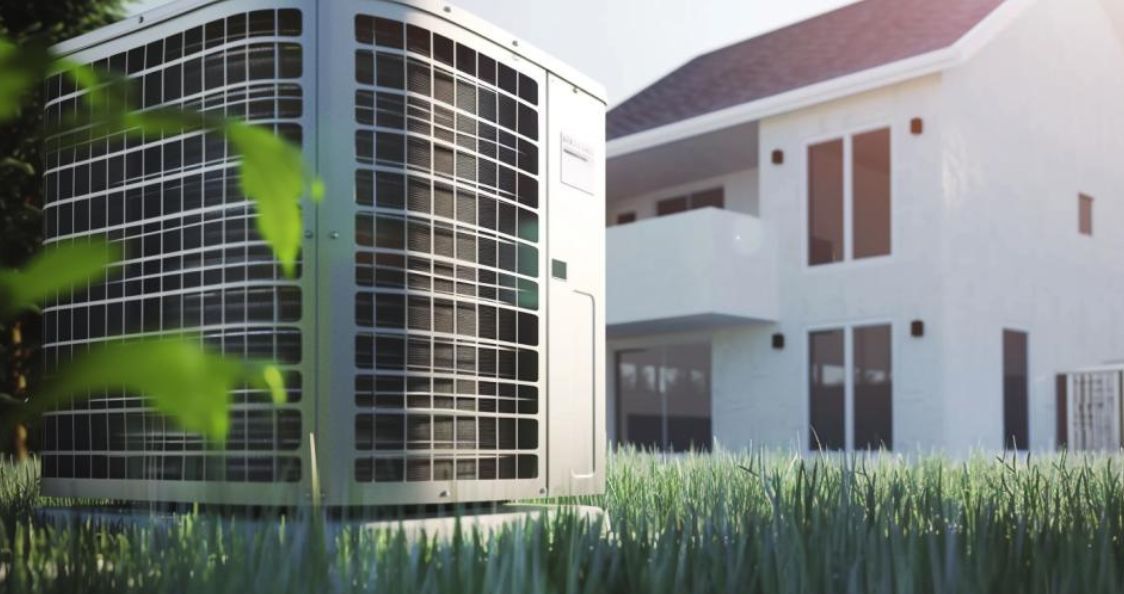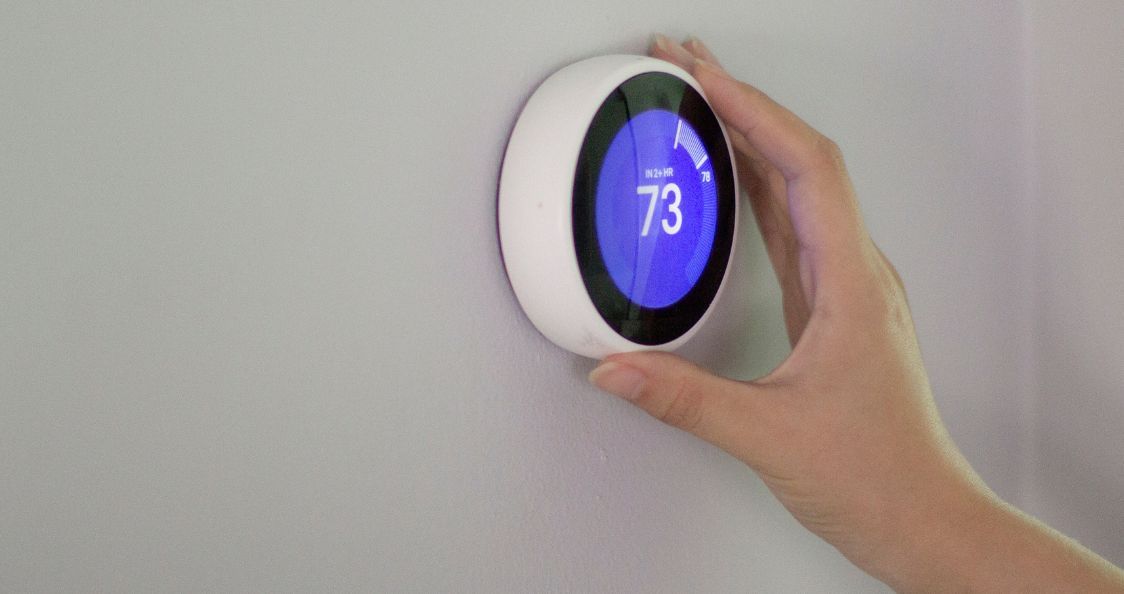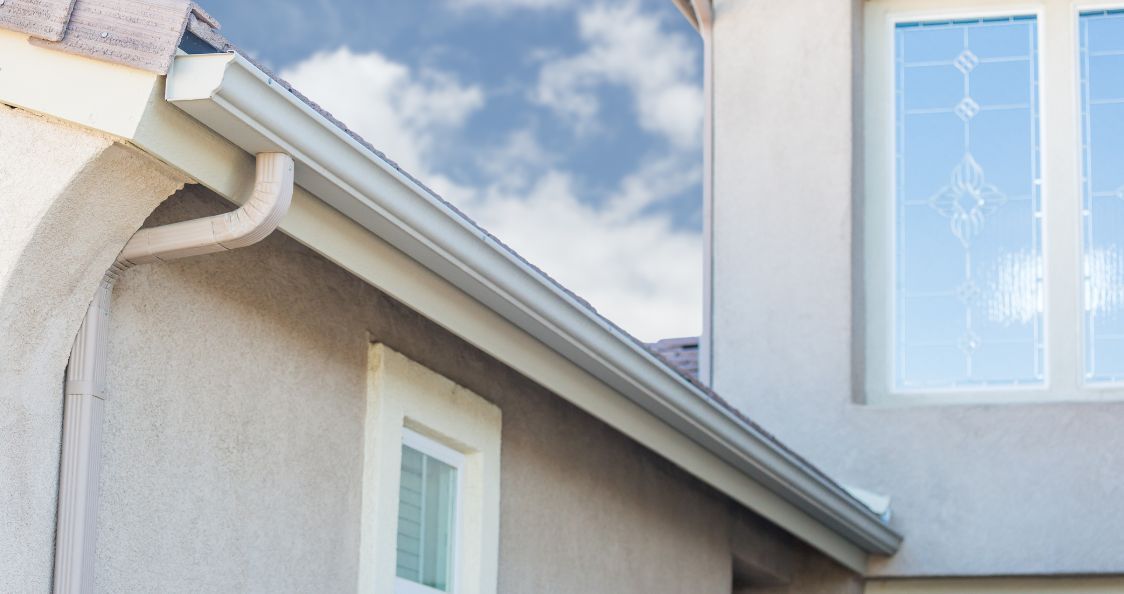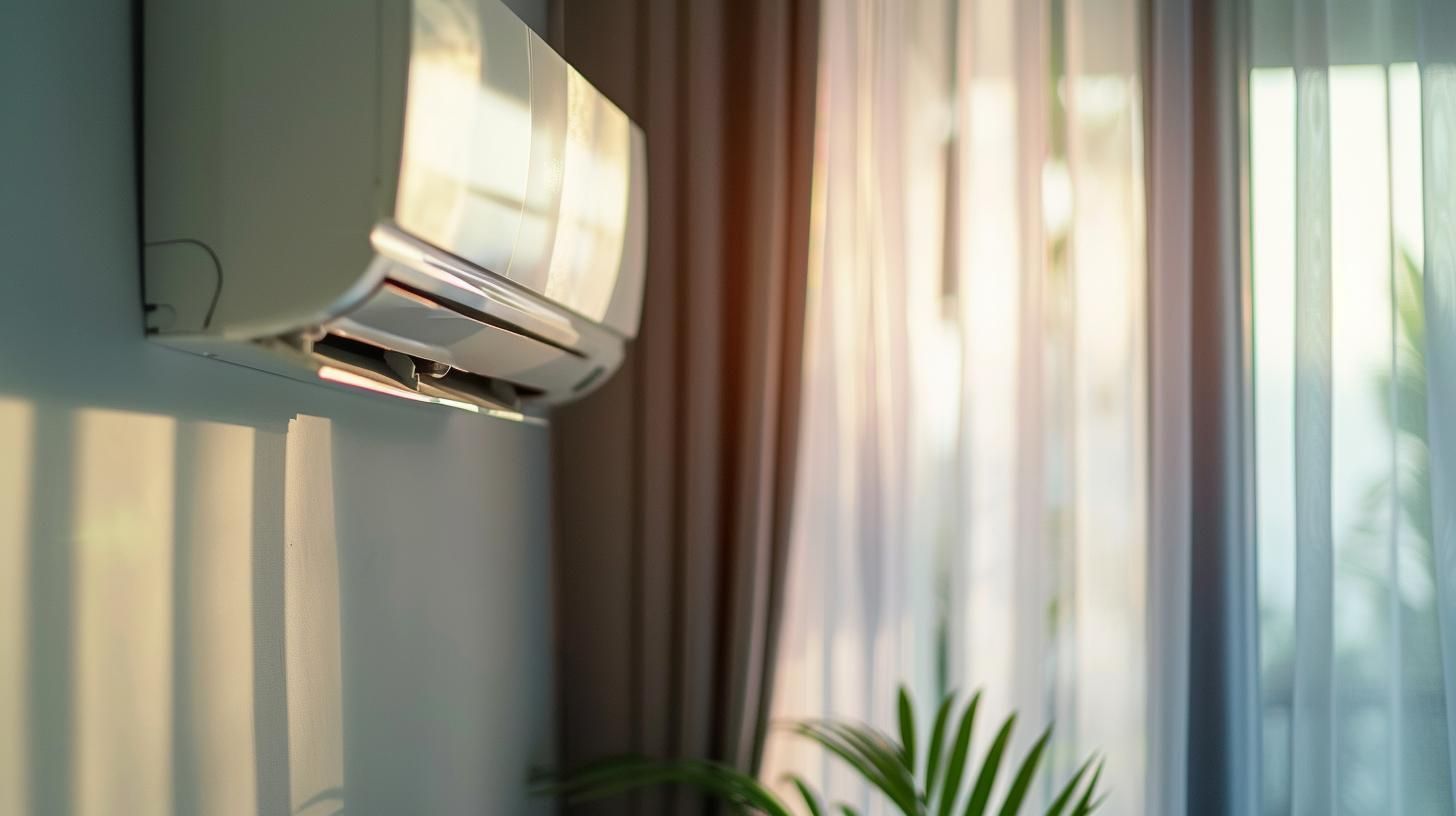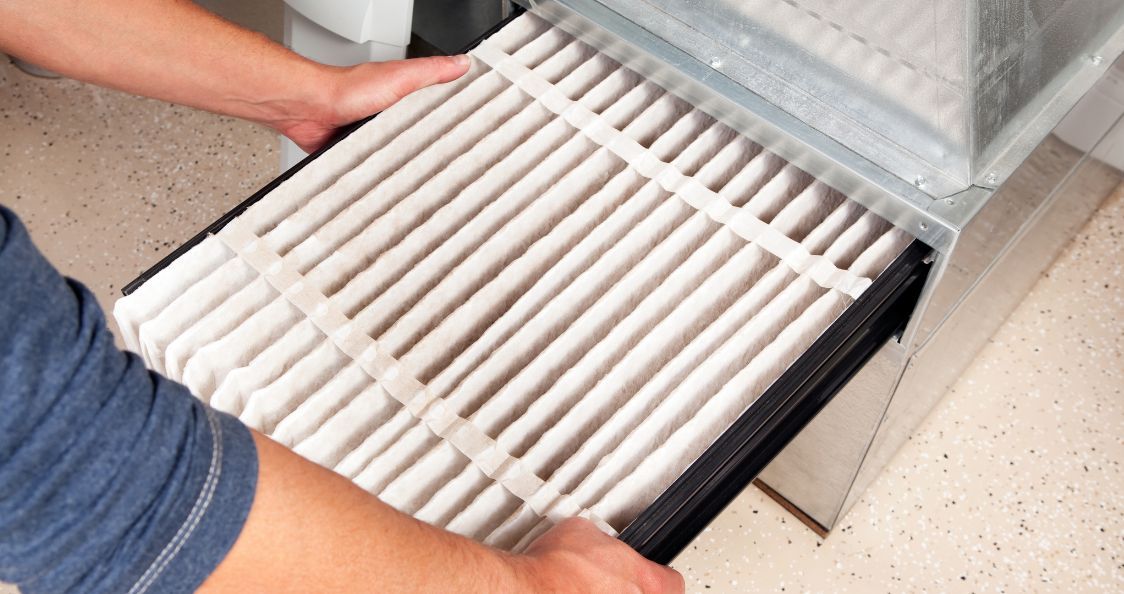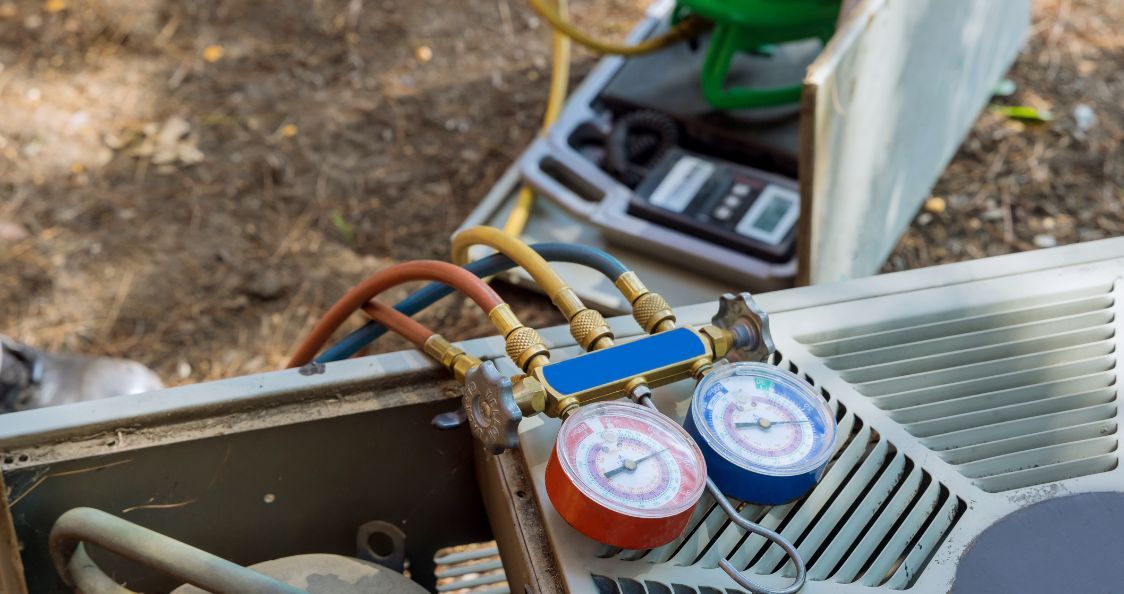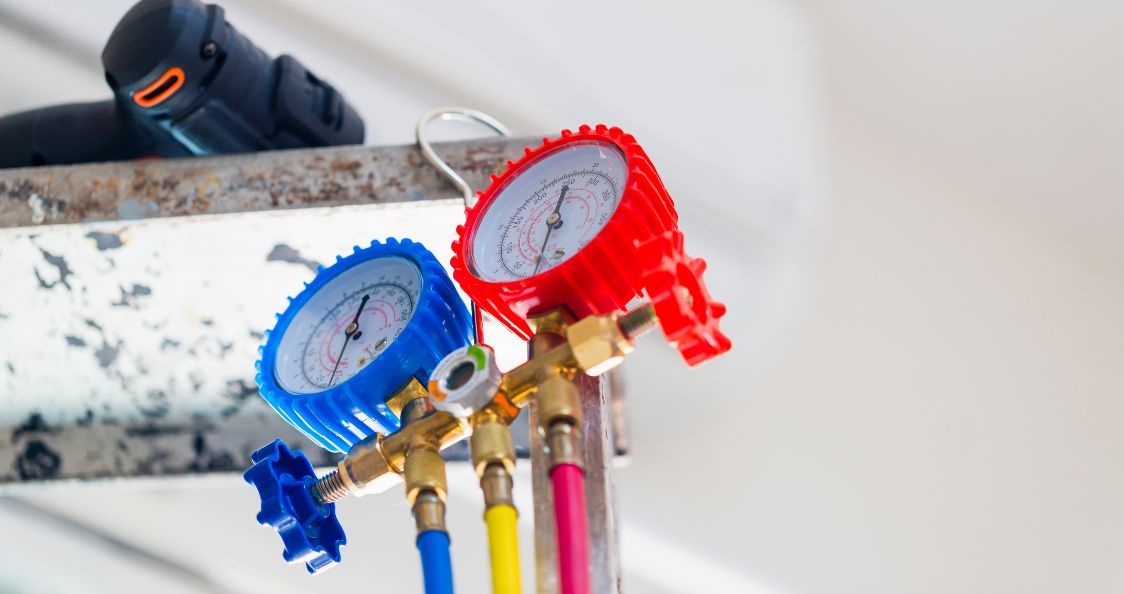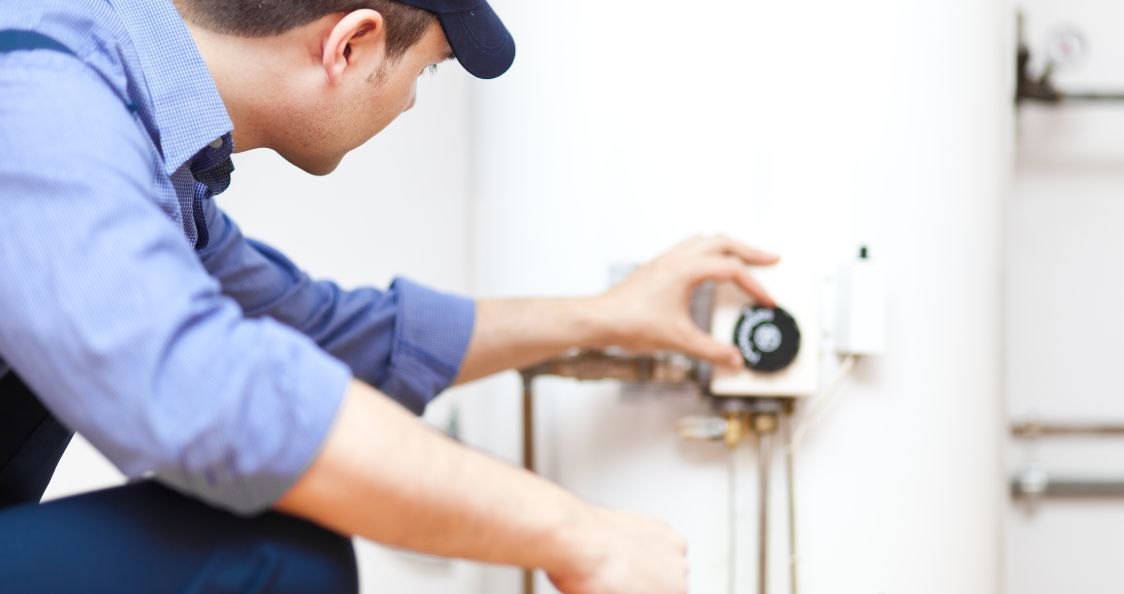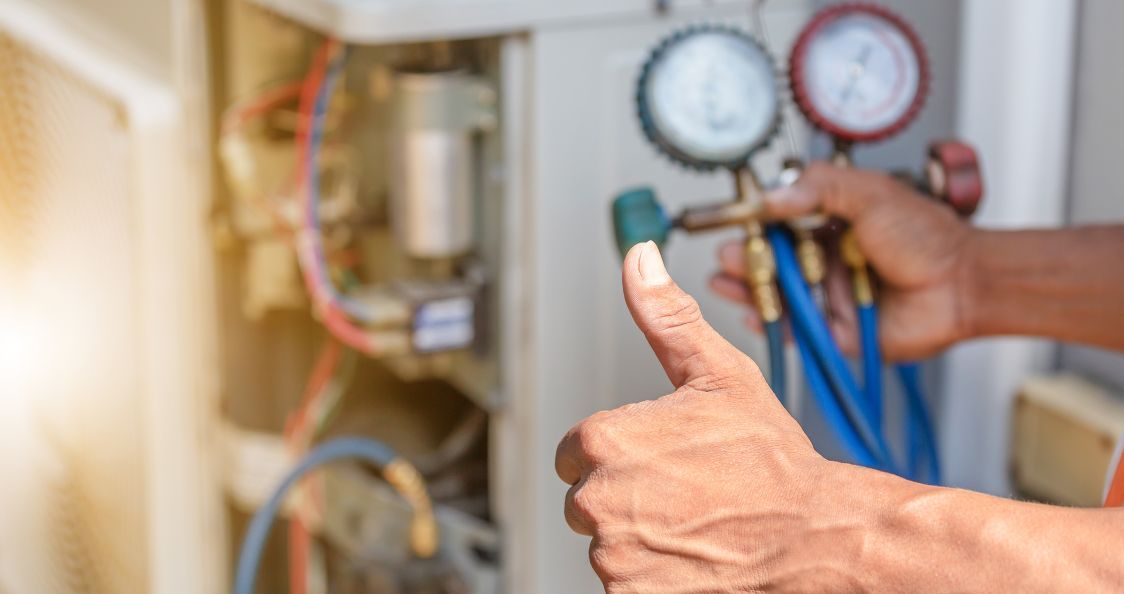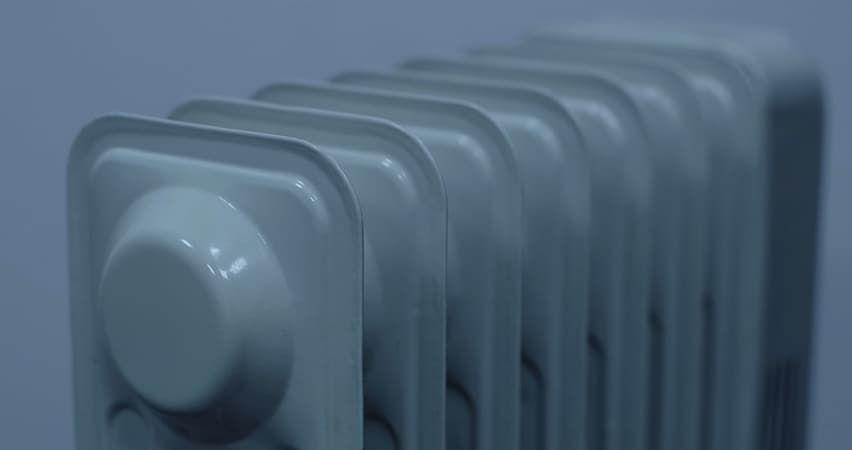
Dangerous Furnace Smells You Shouldn’t Ignore
Everyone who owns a home or building with a furnace need to take specific precautions to maintain the safety of their family and property.
Regular maintenance and routine inspections are invaluable for keeping your heater or furnace in optimal (and safe!) working condition. Common issues that can arise with your heating system are frequently detected by unusual or unpleasant odors wafting from your heating vents. It is unwise to disregard odd aromas around your furnace or vents. Below, we discuss some of the smells that may signal a problem that requires evaluation by a professional.
A Smoky Odor
Blocked or obstructed chimneys can cause the smoke from your furnace to come out through the ductwork and into your home. Breathing smoke and other particles can damage your lungs and lead to a variety of other health issues. Always have your chimney cleaned and inspected by a professional technician before the heating season. If you smell smoke, shut off the furnace and call a technician right away.
Musty Furnace Odors
HVAC ductwork is a prime place for bacteria or mold to grow and present the danger of serious health problems. If you smell a musty, damp odor from the heating ducts it may indicate a problem with the system. Always be sure to have your heating system serviced and inspected regularly. If a professional cleaning doesn’t eliminate the musty odor, the problem could be located in another part of the home.
Electrical Odors
Odors similar to an overheated iron or hot metal can be an indicator of broken or malfunctioning parts within your HVAC system. These odors can also originate from a neglected, dirty air filter. A burning electrical or plastic odor may indicate melted or burning electrical wiring and should be investigated immediately. Turn off the furnace and contact a technician to inspect your system as soon as possible.
Fuel Odors
Oil or natural gas furnaces may emanate a slight smell of burnt fuel, but not a very strong one. If you smell a strong odor of fuel, there could be a problem with the burners within the furnace. An explosion could occur from the buildup of unburnt fuel. If a strong fuel odor persists, shut off the system and contact a technician to perform an inspection as soon as possible.
Rotten Egg Odor
Perhaps the most serious odor you may detect from your furnace is a smell of rotten eggs. Natural gas has an added scented ingredient so leaking gas can be detected. If you notice a rotten egg smell emanating from your furnace, this is a seriously dangerous situation. An extreme risk of explosion exists where there is leaking natural gas. You should open any windows, evacuate the home immediately, and contact emergency services or the local gas company to report a gas leak.
Dusty or Burning Odors
At the beginning of heating season, it is common to smell burning dust or oil after the furnace is initially placed into service. Dust often settles into the system and oil can seep into components while the furnace is not in use. However, prolonged dusty or burning odors could indicate a serious problem. Shut off the system and contact a technician for an inspection right away.
Chemical Odors
A strong chemical odor, similar to what one might smell in a health clinic or hospital, could indicate your system has a cracked heat exchanger. If this is the case, it can allow carbon monoxide to be dispersed throughout the home’s ductwork and into the home. This is a strong reason for homes to have carbon monoxide detectors in every level, especially in the basement or near your heating system. Carbon monoxide is odorless, colorless and extremely dangerous. Shut off the system and contact a professional technician to inspect the unit immediately.
Prepare Your Furnace for the Season
Preventive maintenance can eliminate many of the problems that cause strange odors before they have a chance to begin. Always perform the following maintenance tasks before lighting your furnace each season:
- Check the flue and have any holes or worn piping repaired.
- Dust and rinse off all air vents in the home.
- Replace the air filter according to the manufacturer’s recommendations.
- Clean the furnace combustion chamber.
- Check to see that all belts are tight and in good condition.
Don’t risk your home and savings to a dangerous accident with your oil or gas furnace. Eliminate as many risks as possible by performing the above preventive maintenance and by having your furnace professionally cleaned and inspected before each heating season. For questions or help with your HVAC system, contact the professionals at Clarke and Rush. We are happy to provide information or schedule a service request to ensure your furnace is in prime condition to safely heat your home throughout the cold weather season. Browse our site for more about our plumbing services, heating and cooling services, and all the locations we serve.
Other Blogs You May Be Interested In
Categories
- About Clarke & Rush (1)
- AC Replacement (8)
- AC unit Maintenance (10)
- Boilers (1)
- Commercial HVAC (3)
- Commercial Plumbing (2)
- Furnace (3)
- Furnace Maintenance (2)
- Furnace Repair (4)
- Green Homes (3)
- Gutter Repair (1)
- Gutter Replacement (5)
- Heat Pump (1)
- Home Energy Tips (2)
- Home Improvement (6)
- HVAC (17)
- HVAC Replacement (7)
- Insulation (2)
- Kitchen Plumbing (1)
- Plumbing (2)
- Plumbing Problems (8)
- Reducing Energy Costs (6)
- Repiping Services (3)
- Residential HVAC (45)
- Residential Insulation (4)
- Residential Plumbing (33)
- Residential Windows (6)
- Sewer Line (2)
- Uncategorized (10)
- Water Heaters (4)
- Water Line Repair (1)
- Water Treatment (1)
- Window Installation (8)
- Window Instllation (1)
- Window Replacement (7)
- Windows (8)





